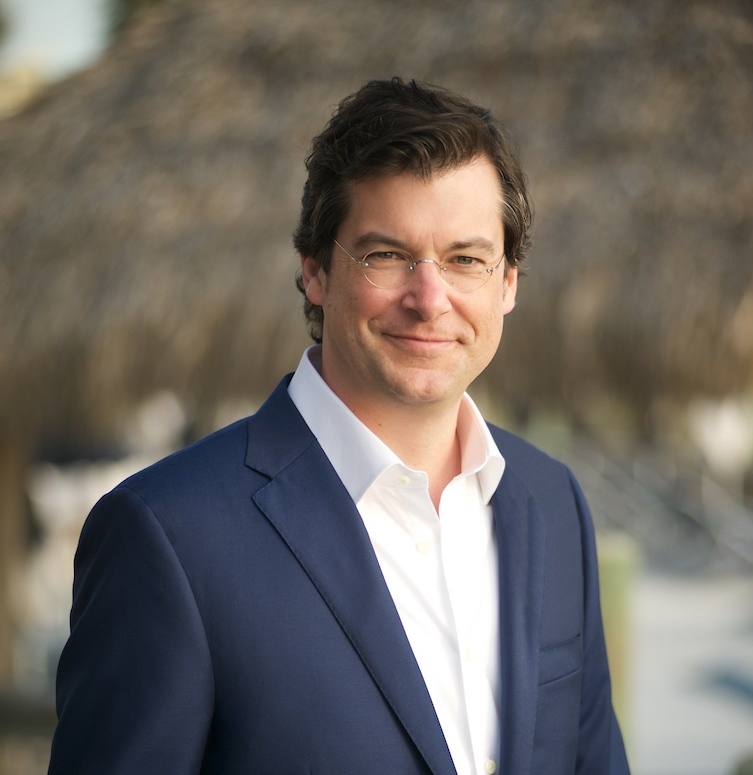OCTRI Write Winning Grants Seminar
Day 2: Career Development Awards
| When |
October 13, 2023
8:30 a.m. to 12 p.m.
Write Winning NIH GrantsSeminar DescriptionThis widely acclaimed workshop comprehensively addresses both practical and conceptual aspects that are important to the proposal-writing process. Emphasis is given to such things as idea development, identification of the most appropriate granting agency, how to write for reviewers, and tips and strategies that are of proven value in presenting an applicant's case to reviewers. Day 1: Oct 12 8:30 am - 4:30 pm This presentation comprehensively addresses the practical, conceptual, and rhetorical aspects of writing competitive grant proposals. It covers:
Day 2: Oct 13 8:30 am - 12 pm ------------------------ All participants will receive an extensive handout, as well as a hard copy of the NIH Version of The Grant Application Writer's Workbook. This seminar is appropriate for junior through senior faculty members, postdoctoral fellows, and doctoral students who have had some exposure to writing grant applications, either through training / mentoring or personal experience. Experienced faculty may use the seminar as an overall refresher, for new ideas on gaining a competitive edge, and/or for strategies in how to mentor others in proposal writing. Junior faculty and doctoral students may use the seminar as a primer in proposal writing that helps demystify the components of a proposal and the process of writing one strategically. Seminar Fee: $105 Location: OHSU Hill; this is an in-person seminar About the Speaker
Dr. John Robertson holds a Doctorate in Pharmacology/Toxicology and has been an Associate Member at Grant Writers’ Seminars & Workshops since 2010. In 2017 he became the Managing Member. He has been the recipient of competitive extramural funding from both the NIH and non-federal sources. He has authored 30 peer-reviewed journal articles and three book chapters. In addition, he has been a member of grant review panels, a reviewer for a number of biomedical journals, and served on editorial boards. He has also been routinely recognized for excellence in teaching. Melissa Mudd
|
|---|---|
| Where |
OHSU Campus, Room TBA
|
| Contact Information |
Melissa Mudd
|
Write Winning NIH Grants
Seminar Description
This widely acclaimed workshop comprehensively addresses both practical and conceptual aspects that are important to the proposal-writing process. Emphasis is given to such things as idea development, identification of the most appropriate granting agency, how to write for reviewers, and tips and strategies that are of proven value in presenting an applicant's case to reviewers.
Day 1: Oct 12 8:30 am - 4:30 pm
Participants are taught to write with a linear progression of logic, which leads reviewers through their applications. It is stressed that applicants are writing for two different audiences – the assigned reviewers, who have read the application in its entirety, and non-assigned reviewers who may have read little, or nothing, of the proposal before the meeting of the review panel. Strategies, tools, and tips designed to merit a fundable priority score are emphasized. The focus is on the NIH.
This presentation comprehensively addresses the practical, conceptual, and rhetorical aspects of writing competitive grant proposals. It covers:
- Critical steps for organizing and planning your proposal (all of the things you need to do before you start writing a full proposal in order to have a competitive edge)
- Understanding the role (and mindset) of your reviewers
- A 4-paragraph rhetorical strategy for writing a compelling Specific Aims or Overview & Objectives page
- Specific strategies and tips for each major section of a grant proposal
Day 2: Oct 13 8:30 am - 12 pm
This ½-day seminar is for Career Development Award (CDA) candidates and their mentors. It emphasizes the partnering between candidate, mentor, and institution that is necessary to make these proposals successful, resulting in protected time for research. The National Institutes of Health’s mentored K Awards and NIH’s Ruth L. Kirschstein F32 National Research Service Award for individual post-doctoral fellows are used as representative applications; the principles and fundamentals learned are transposable to the CDAs of other agencies – only the specifics vary. Content of the seminar includes tips and strategies on getting reference letters; selecting and getting the most from a mentor; how review criteria can be used to inform the writing of a CDA; the kinds of research and training that should be proposed, and much, much more. It is expected that those attending this seminar will already have attended the previous Write Winning NIH Grant Proposals seminar on October 12, 2023.
------------------------
All participants will receive an extensive handout, as well as a hard copy of the NIH Version of The Grant Application Writer's Workbook.
This seminar is appropriate for junior through senior faculty members, postdoctoral fellows, and doctoral students who have had some exposure to writing grant applications, either through training / mentoring or personal experience. Experienced faculty may use the seminar as an overall refresher, for new ideas on gaining a competitive edge, and/or for strategies in how to mentor others in proposal writing. Junior faculty and doctoral students may use the seminar as a primer in proposal writing that helps demystify the components of a proposal and the process of writing one strategically.
Seminar Fee: $105
Includes all seminar materials and food for both days
Location: OHSU Hill; this is an in-person seminar
Please note, this seminar will not be recorded.
About the Speaker

Dr. John Robertson holds a Doctorate in Pharmacology/Toxicology and has been an Associate Member at Grant Writers’ Seminars & Workshops since 2010. In 2017 he became the Managing Member. He has been the recipient of competitive extramural funding from both the NIH and non-federal sources. He has authored 30 peer-reviewed journal articles and three book chapters. In addition, he has been a member of grant review panels, a reviewer for a number of biomedical journals, and served on editorial boards. He has also been routinely recognized for excellence in teaching.